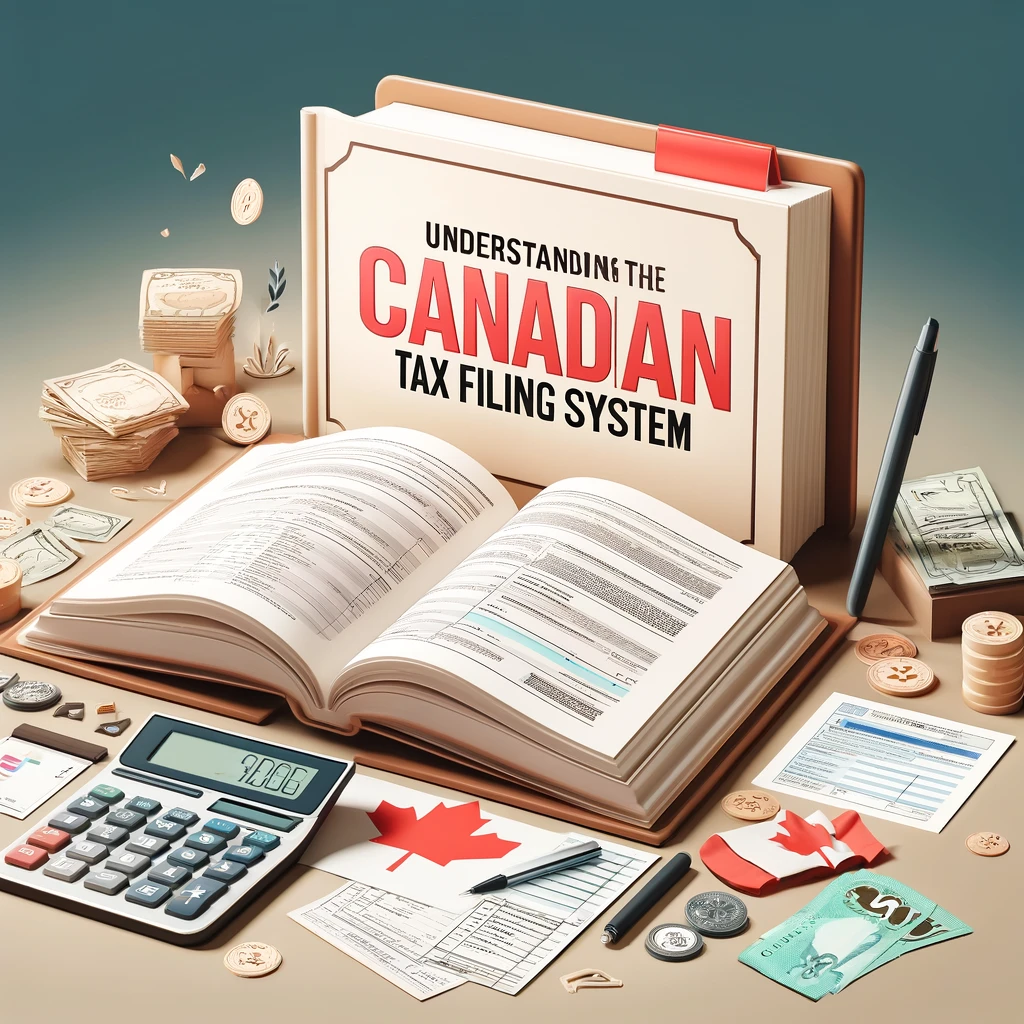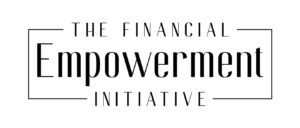
Navigating the tax landscape in Canada can seem daunting, but with the right information, it becomes approachable. This guide provides a comprehensive overview of the Canadian tax filing system, designed to help you understand and manage your tax obligations effectively.
Who Needs to File a Tax Return?
Most residents in Canada need to file a tax return each year. This includes individuals who owe taxes, those seeking to claim a refund or credits, and those who need to report their income for other reasons, such as to qualify for government benefits.
Key Dates and Deadlines
The tax year in Canada runs from January 1 to December 31, with tax returns generally due on April 30 of the following year. For those who are self-employed, the deadline extends to June 15. However, any taxes owed must still be paid by April 30 to avoid interest charges.
Documents Required for Filing
Before you begin the tax filing process, gather necessary documents such as:
- T4 slips from employers
- T5 slips for investment income
- Receipts for eligible deductions and credits
- Information on other income, such as self-employment income
- Proof of identification
- Social security number
Filing Methods
Tax returns can be filed in several ways:
- Electronically through software approved by the Canada Revenue Agency (CRA) using NETFILE.
- By mail by sending a paper return to the CRA.
- Through a tax professional who can submit on your behalf.
Understanding Tax Deductions and Credits
The Canadian tax system offers various deductions and credits to reduce your tax liability, including:
- Deductions like RRSP contributions, union dues, and childcare expenses, which reduce your taxable income.
- Non-refundable tax credits that apply directly to your tax due, such as for education or charitable donations.
- Refundable tax credits like the Goods and Services Tax/Harmonized Sales Tax (GST/HST) credit, which can result in a refund.
Common Tax Forms
- T1 General – The main tax form used by individuals.
- Schedule 1 – For detailing federal tax and credits.
- Schedule 11 – For students claiming tuition, education, and textbook amounts.
Tax Tips for New Filers
For those new to filing taxes in Canada, consider the following tips:
- Utilize free tax clinics if you have a modest income and a simple tax situation.
- Keep records of all relevant financial documents and receipts throughout the year to make filing easier.
- Consider using tax preparation software, which can simplify the process and help identify potential deductions and credits.
Conclusion
While the Canadian tax system may initially appear complex, understanding the basic requirements and available resources can make the process smoother and less stressful. Whether you choose to file on your own or with the help of a professional, staying informed is key to managing your taxes effectively.
TheFEI.ca operates a tax clinic up till April 30th. Read about our Free Low Income Tax Clinic here.
